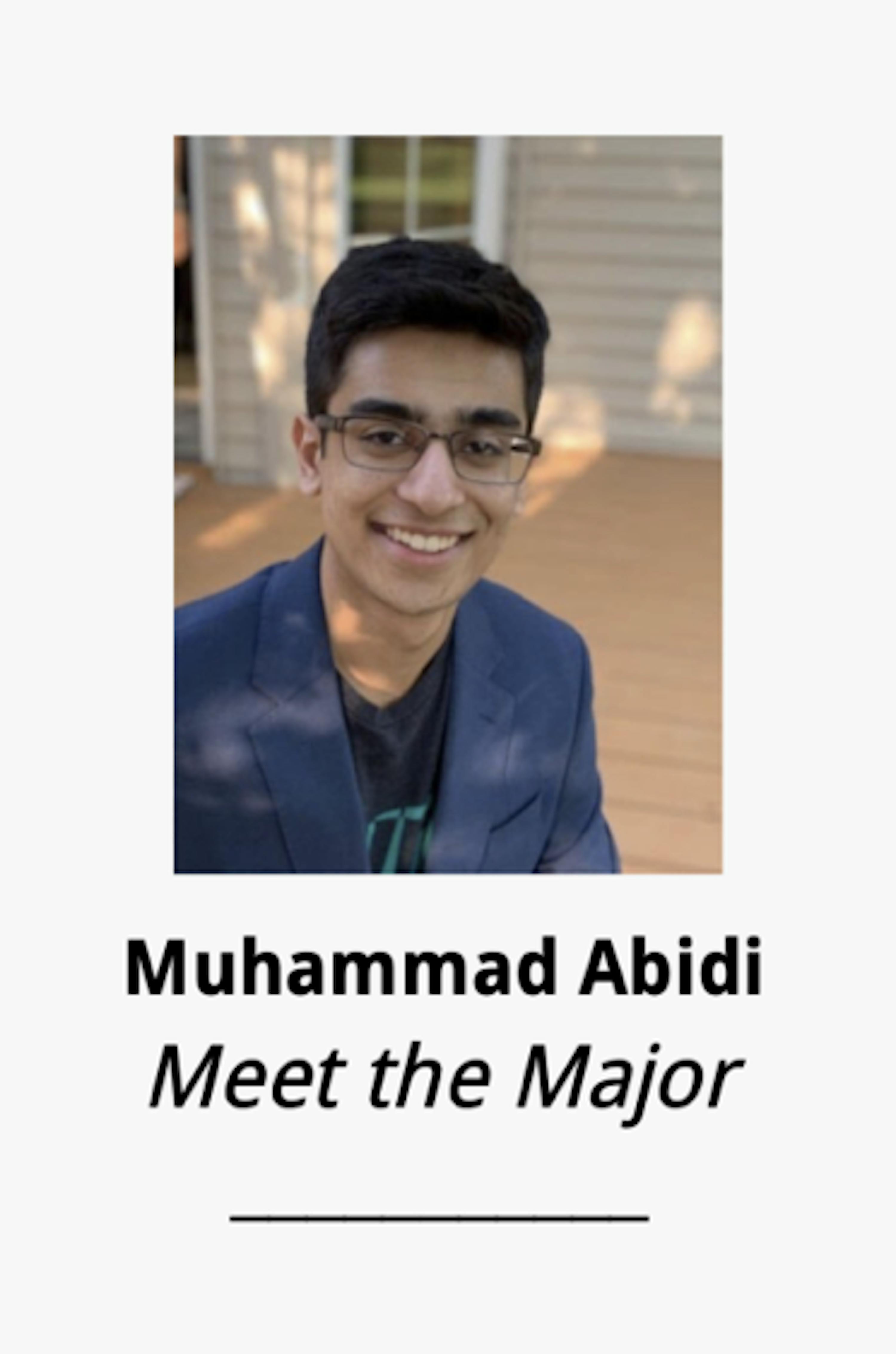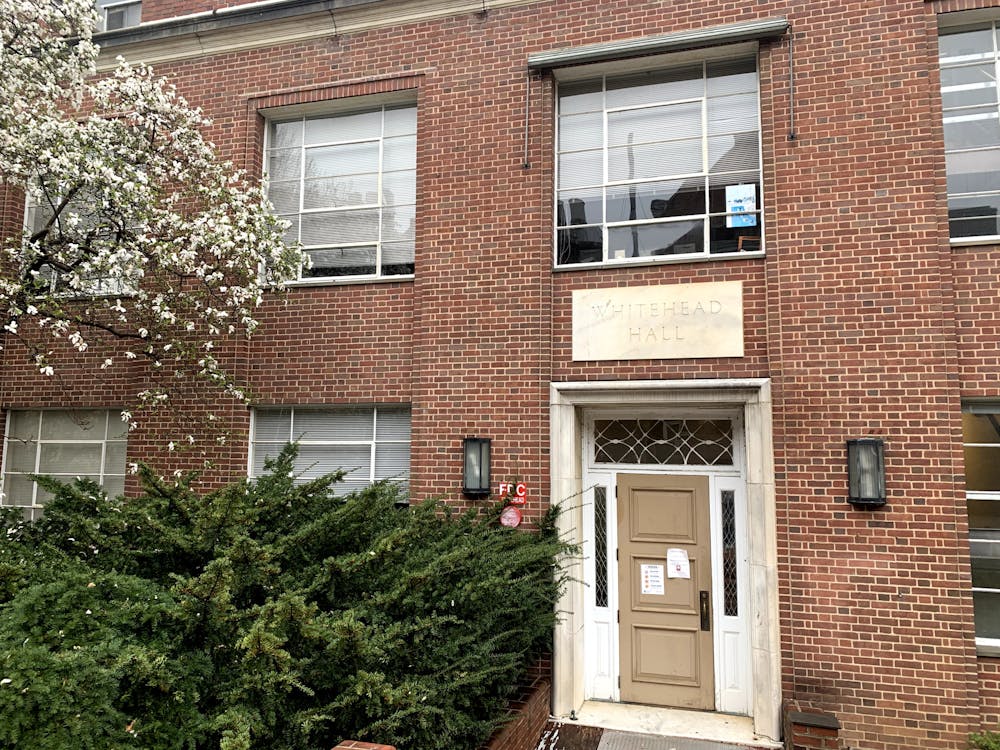
“The mathematical universe is an elegant and structured universe, and using a few axioms we can build up a rich foundation which can be applicable to many fields,” Director of Undergraduate Studies for Applied Mathematics and Statistics (AMS) Donniell Fishkind said.
With about 400 students in the major, the AMS Department trains students in the art of using mathematical logic and rigorous argument-building in fields like probability and statistics, optimization, financial mathematics, scientific computing and data science.
Fishkind emphasized that while these fields are the primary focus areas for the department’s teaching and research work, the skills gained through the AMS major can be applied to almost any profession. Specifically, Fishkind noted that many majors pursue actuarial or financial work as well as careers in operations research, optimization and consulting.
“About half of the students that graduate from the major go to graduate school and conduct research-related work, while the other half generally work in industry, using some form of application of topics studied in AMS,” he said.
Fishkind also emphasized that a lot of people are hired because their academic training allows them to think about mathematical approaches, not necessarily because they have direct experience in the field they will be working in.
“Employers understand that mathematicians, by training, are problem solvers and can tackle abstractions, and these kinds of skills are broadly applicable,” he said.
Jack Krew, a sophomore studying AMS, was initially drawn to the major due to his interest in machine learning.
“The major is pretty broad, though, so I have received a lot of exposure to different areas of math that I have come to find just as interesting,” Krew said. “For example, I am taking a graph theory course this semester.”
Krew mentioned that it is relatively easy to double major with AMS or even complete the combined bachelor’s/master’s degrees in four years. Most students in the major are also double majors, often pursuing degrees in Computer Science, Economics or Biomedical Engineering. There as been an increasing number of students studying AMS while majoring in International Studies or even studying at the Peabody Institute.
One of the courses that students can take to preview the major is Discrete Mathematics, which Fishkind said helps students become familiar with proof-writing and the skills needed to break down and understand rigorous arguments and the logic within them.
Krew noted that while there is a set of courses required for the major, there is an opportunity to sample a wide variety of courses.
“There is significant freedom in choosing courses that satisfy the major’s requirements, so the responsibility falls to the student to decide whether they wish to pursue breadth over the several subfields of AMS or depth in one particular area,” Krew said.
Outside of AMS classes, the Hopkins Undergraduate Society for Applied Mathematics offers networking opportunities for students. The student group conducts regular programming, including a professional evening series to allow students to get a closer look at the various disciplines in which AMS skills can be utilized. Past speakers have included leaders at the National Security Agency, a Rubik’s Cube expert, an author of a book on Sudoku and mathematician John Urschel, a former Baltimore Ravens guard.
“University is not just the time for learning... It is also the time for making connections with other people,” Fishkind said.
Mathematics is always relevant to the real world, most notably and recently seen with the development of contact tracing and social network tools to tackle the COVID-19 pandemic — tools that rely on understanding from AMS topics.
Fishkind noted that the characteristic that makes the AMS Department in the Whiting School of Engineering different from the Mathematics Department in the Krieger School of Arts and Sciences is that AMS is applied, while the Krieger department is “pure” math.
“Rather what makes us us is the areas we work in, since these areas have a lot of theory and also are directly applicable as well,” he said.
Taken as an art form, it is amazing that math has such immense applicable value. The AMS Department at Hopkins helps ensure that its students are trained with the skills needed to understand the elegant mathematical universe as well as the messier real world.





